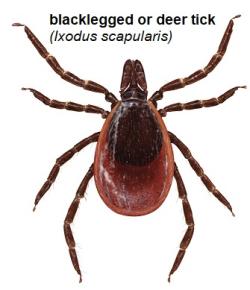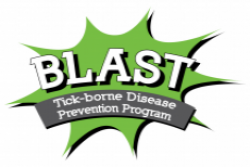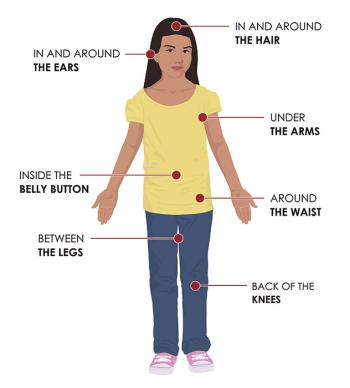Tick Information & Test Results
| 2022 |
| 2021 |
| 2020 |
| 2019 |
| 2018 |
Tickborne Disease is a serious issue in our communities.

To submit a tick for testing please complete the Tick for Testing Submission Letter.
Ticks from Newtown, Bridgewater and Roxbury residents can be mailed or brought to the Newtown Health District office, to be submitted to the Connecticut Agricultural Experiment Station (CAES) for testing.
For tick testing guidelines and submission requirements please click here.
We strongly encouraged submitters to pay close attention to their health after a tick bite. The tick testing is helpful information, but cannot be used a diagnostic tool.It takes approximately 3-4 and sometimes 5 weeks to receive results from the CT Agricultural Experiment Station. Lyme disease, or other tick borne illnesses,can onset prior to obtaining tick test results, therefore it is important to monitor health,communicate and possibly visit with a personal physician.
Click this link for more information from the CT Agricultural Experiment Station (CAES)

Newtown Health District Promotes the BLAST Tick-borne Disease Prevention Program Click here
Center for Disease Control and Prevention (CDC) Tick Information: 
Most common tick-borne diseases in northeastern United States:
Environmental Protection Agency(EPA):
PRESS RELEASES FROM CAES:
| Attachment | Size |
|---|---|
| 29.97 KB | |
| 2.61 MB |



